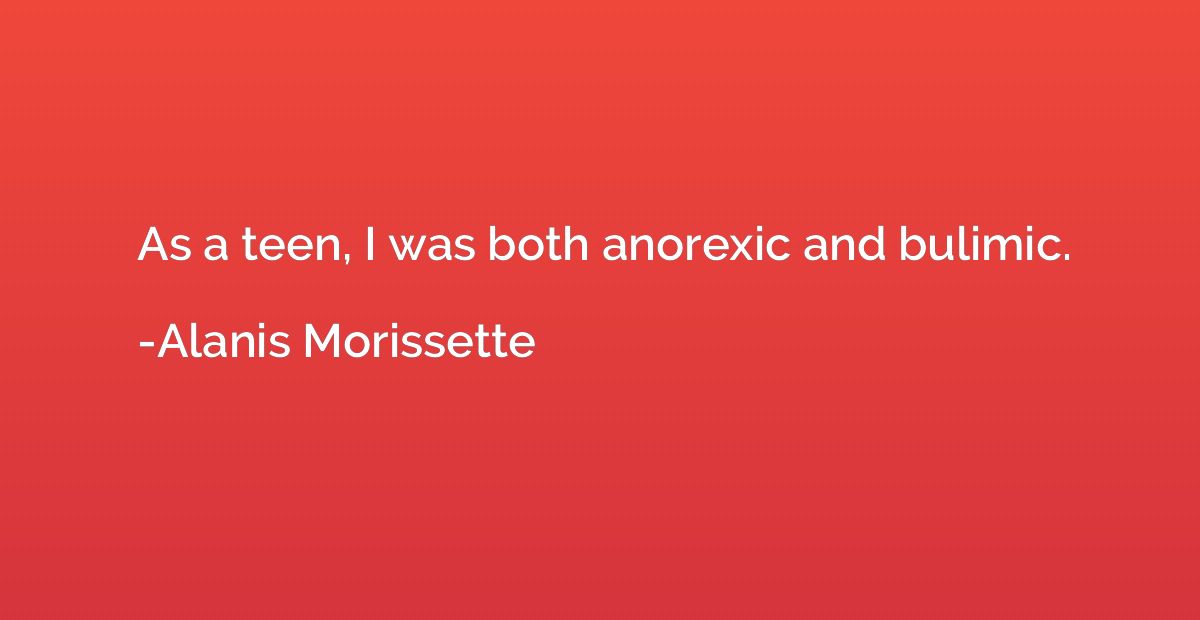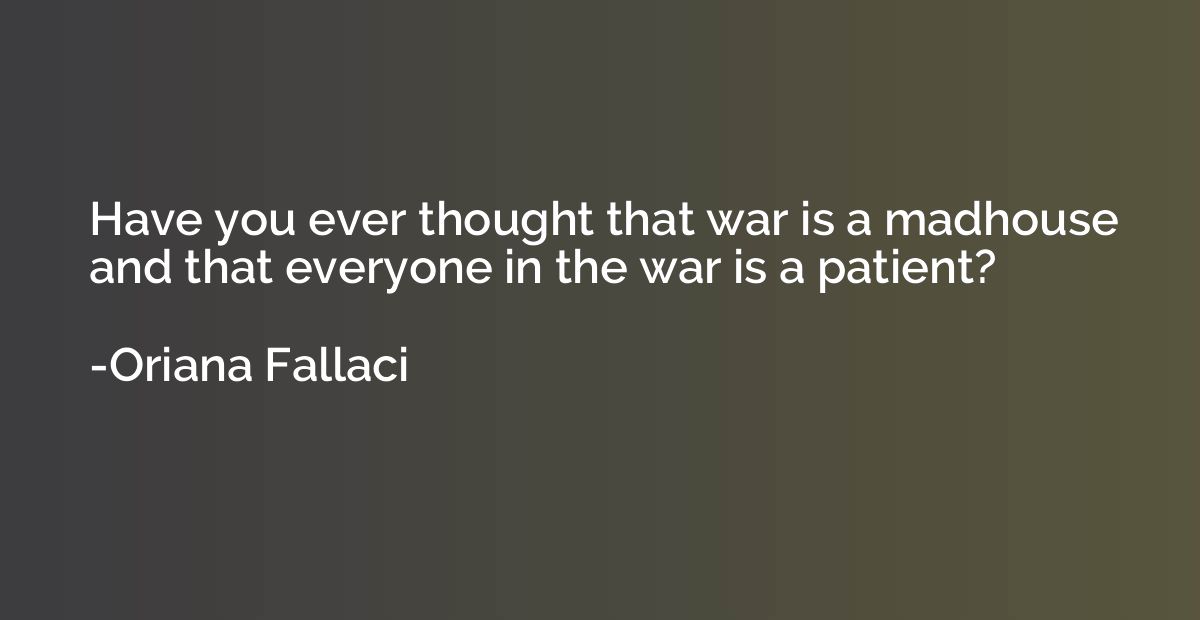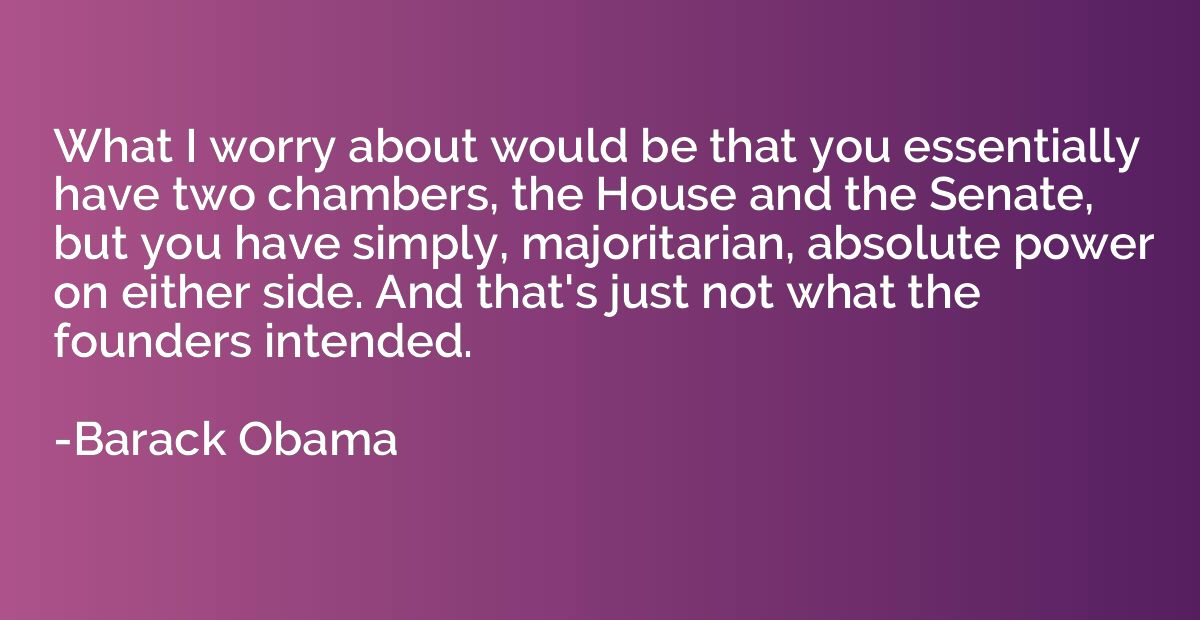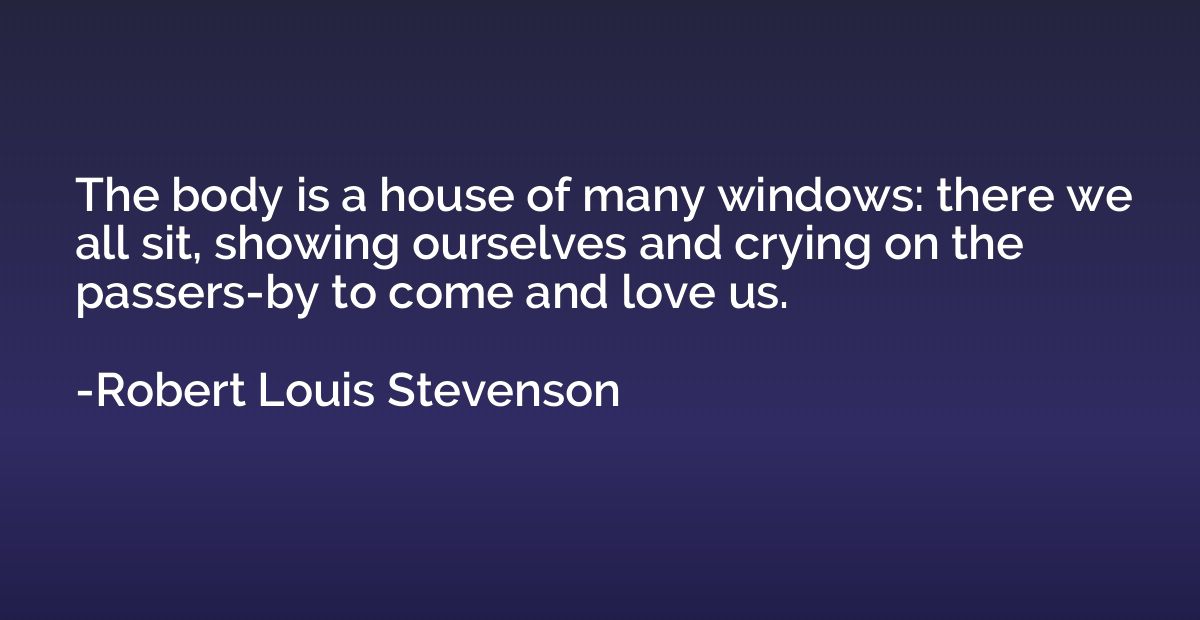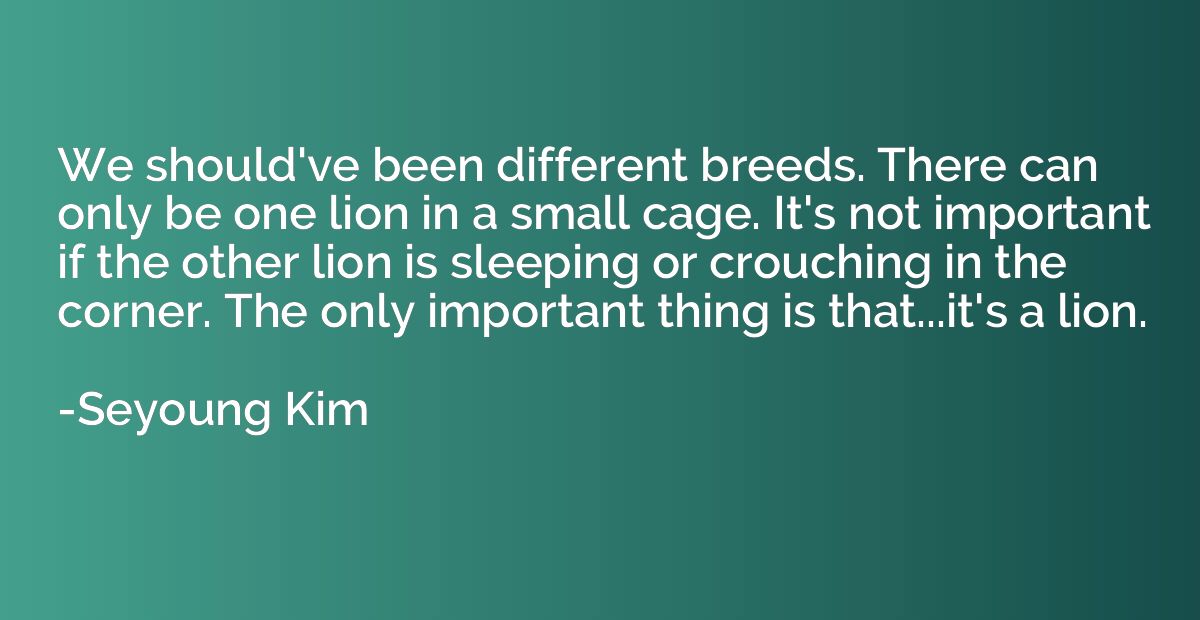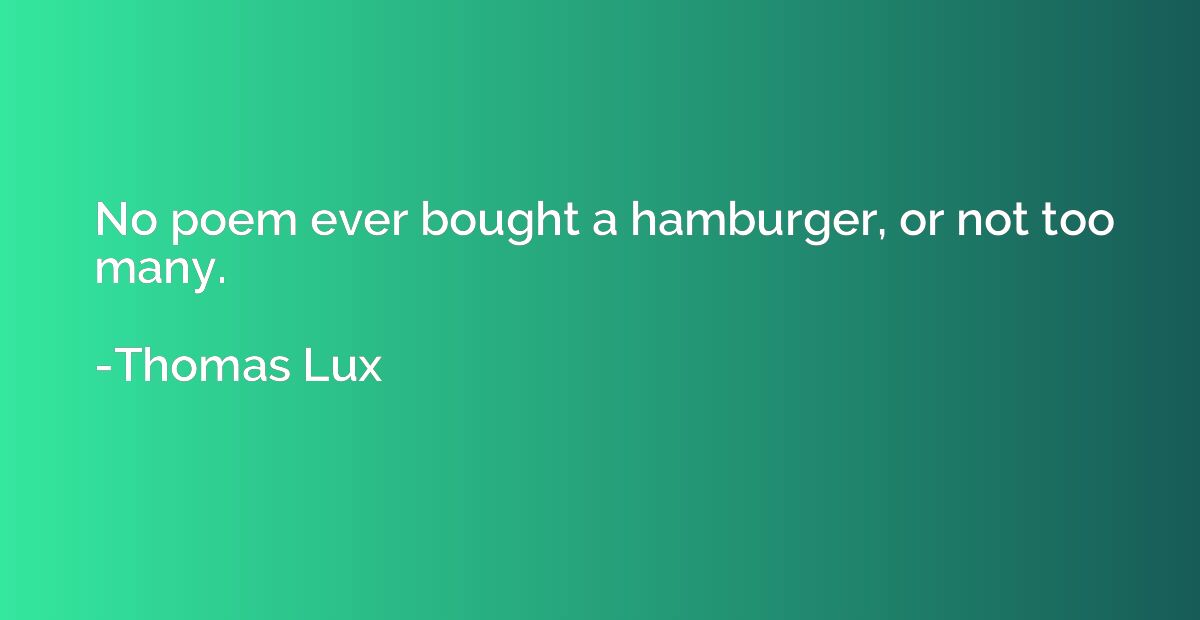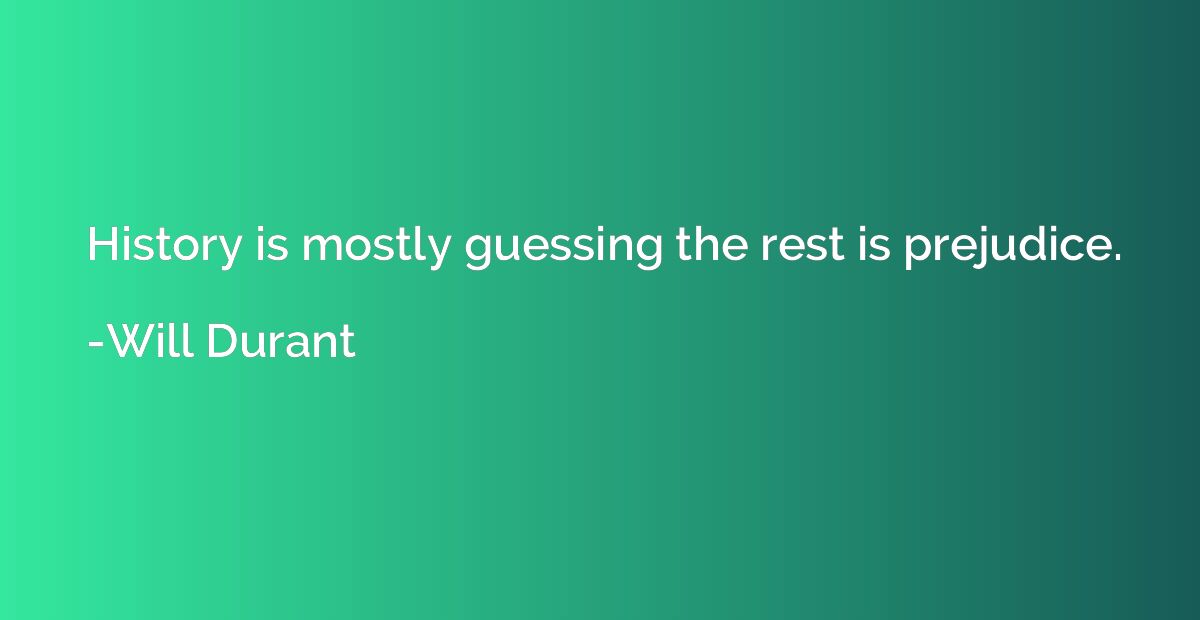Quote by Virginia Woolf
One might fancy that day, the London day, was just beginning. Like a woman who had slipped off her print dress and white apron to array herself in blue and pearls, the day changed, put off stuff, took gauze, changed to evening, and with the same sigh of exhilaration that a woman breathes, tumbling petticoats on the floor, it too shed dust, heat, colour; the traffic thinned; motor cars, tinkling, darting, succeeded the lumber of vans; and here and there among the thick foliage of the squares an intense light hung. I resign, the evening seemed to say, as it paled and faded above the battlements and prominences, moulded, pointed, of hotel, flat, and block of shops, I fade, she was beginning. I disappear, but London would have none of it, and rushed her bayonets into the sky, pinioned her, constrained her to partnership in her revelry.
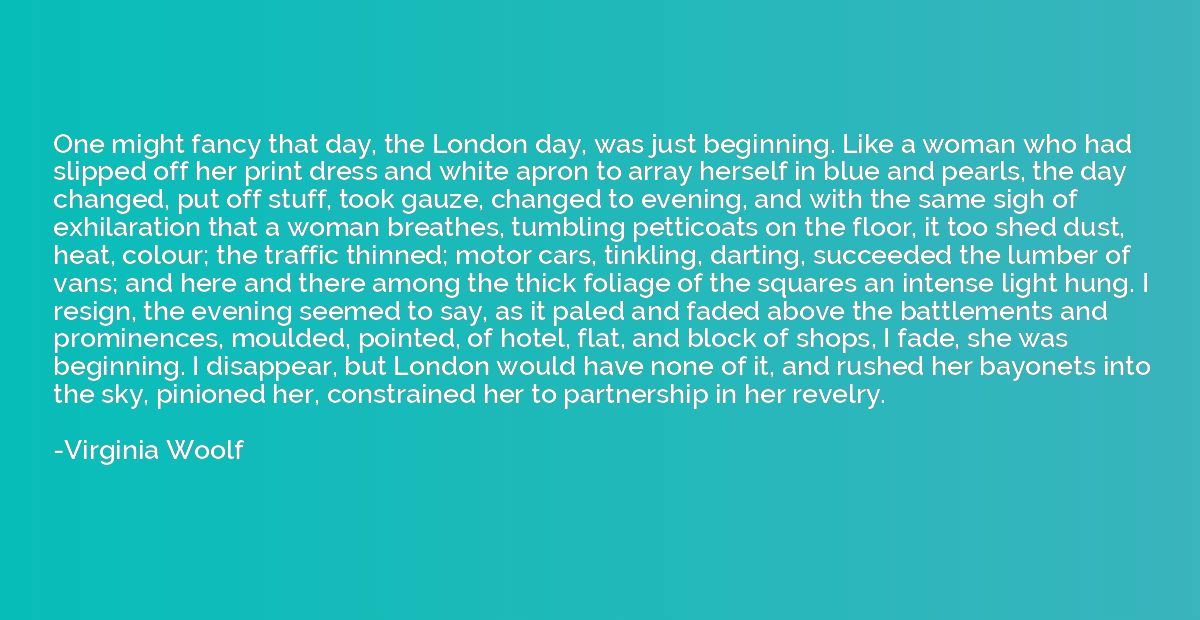
Summary
This quote captures the dynamic transformation of a London day into evening. It compares this transformation to a woman's act of shedding her attire and adorning herself with elegance. The quote beautifully describes how the day gradually shifts its characteristics and sheds distractions like dust, heat, and color. The traffic becomes sparser, and the atmosphere changes as evening sets in. Although the evening seems to fade and disappear, London refuses to let it go and instead perpetuates the revelry by illuminating the sky with its bright lights. The quote showcases the liveliness and spirit of London, even as the day transitions into evening.




